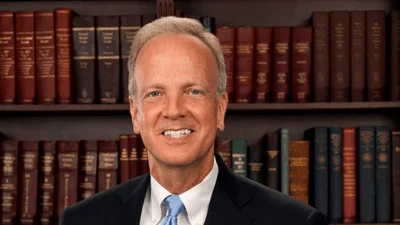The coronavirus pandemic has exacerbated our nation’s shortage of allied health care employees and profoundly harmed millions of vulnerable workers - especially women, mothers, and people of color. Workers with less than a high school education have more than double the unemployment rate than the college-educated. A recent report by the Chicago Fed showed the steepest unemployment rates among women with children, Black mothers, single mothers, and non-college educated mothers. Together, these circumstances put the economic security of millions of workers at severe risk and charge Congress and our Subcommittee with promoting policies for a more equitable recovery.
Given the critical role of health in this crisis and given that health care is one of the fastest growing industries, this hearing will focus on how the Health Profession Opportunity Grant program - or HPOG program - can help workers with barriers to employment enter health careers that are in high-demand within their local areas, simultaneously connecting people to the labor force and helping states across the country to address shortages of health professionals in their communities.
The HPOG model uses a career ladder approach to get people into health jobs quickly, provide the services they need to succeed, and continue to train these workers so that they can obtain higher-paying jobs.
For over a decade, we researched the success of HPOGs, and the results of the demonstration are impressive. Participants - predominately women, single parents, workers from racial and ethnic minority communities, and individuals who did not finish high school - overwhelmingly completed their training. Key support services - like child care, education, training, career coaching, and transportation - directly helped these workers earn the licenses and credentials they needed. They got jobs in healthcare. They stayed in their jobs, got promoted, and got raises. And this is just the beginning.
Today we will hear from excellent witnesses. Dr. Frogner from the University of Washington will speak to the need for HPOGs due to the national shortage of allied health professionals. Dr. Roundtree from Chicago State University will tell us about her successful HPOG program in my home town. As a graduate of the top-notch HPOG in Schenectady, Crystal Hodge will steal the show when she explains the reality of what HPOG meant for her and her family. Then, Ms. Barney-Knox will spotlight how expanding HPOGs could help workers with significant barriers to employment have good health careers. Finally, Dr. Sullivan will discuss lessons learned in reducing poverty via his work at the LEO lab at the University of Notre Dame.
HPOGs were designed as a demonstration grant program to understand how to best help the very workers who need help the most as we recover from this pandemic. However, the current HPOG demonstration cycle is ending. I want our Subcommittee to seize this opportunity to invest in vulnerable workers with evidence-based training and supports to grow our workforce, strengthen our economy, and improve the health of our communities.









